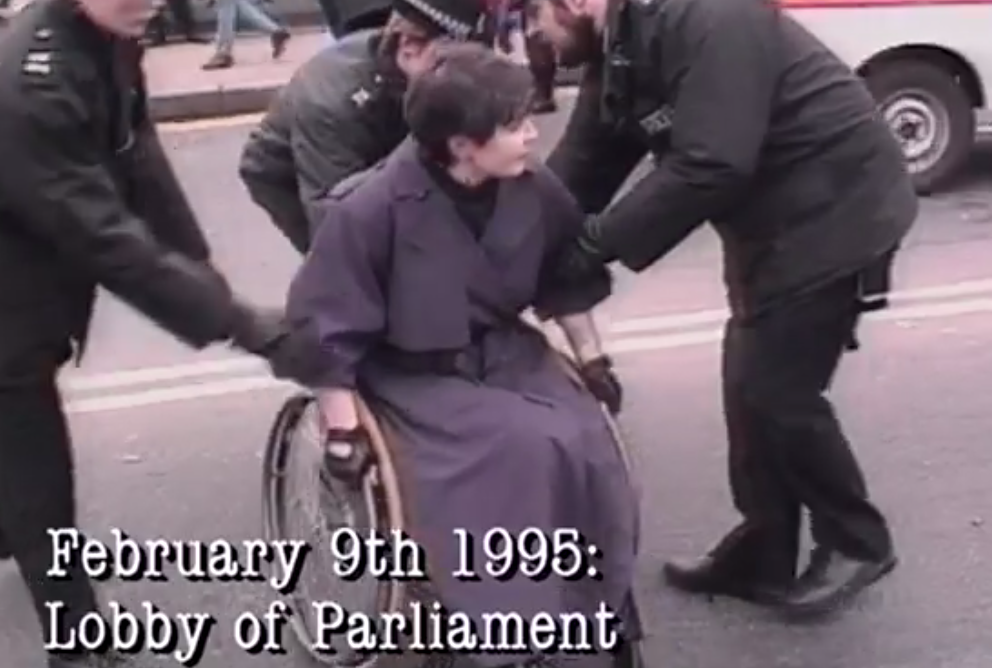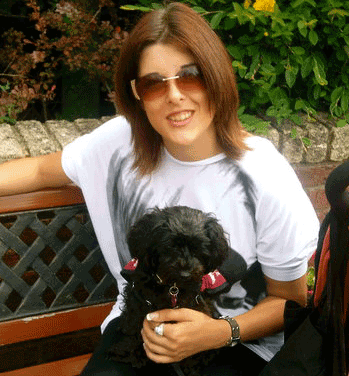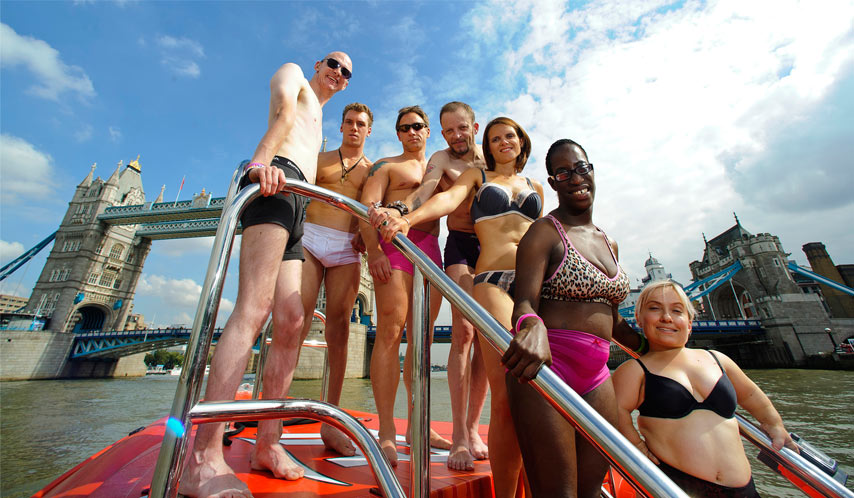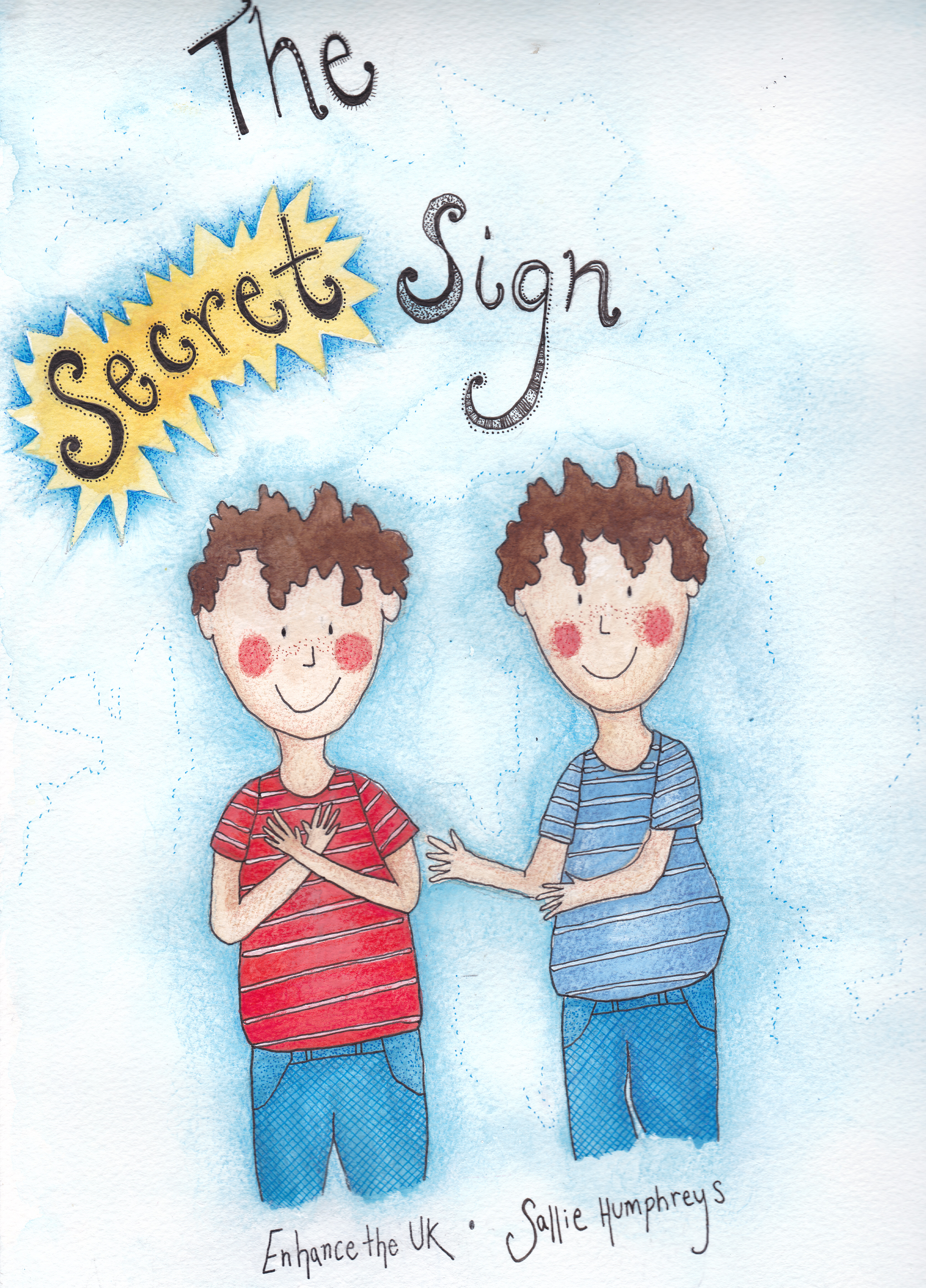What to do when you’ve been refused access into a place providing a service (e.g. hotel, restaurant, bar or supermarket) for having an assistance or Guide dog
The Equality Act 2010 is quite clear with regards to a service provider providing
‘Reasonable adjustment’ for anyone with a disability to access their premises and have the same experience as any other consumer. In our experience at Enhance the UK we find that people with assistance dogs unfortunately do often get access refusals. The company are breaking the law and this guide is an outline for the steps you could take.
So what do you do if you feel you’ve been discriminated against by a service provider not making these reasonable adjustments and allowing you and your assistance dog the same access rights as any consumer?
- In the first instance it’s important to get the name of the manager and any members of staff involved in this access refusal, so either call up and get the details afterwards or get someone else to go help getting the information for you.
- Once you have these details you then have two choices on how to take this further, and it depends on the severity of the discrimination and also your own feelings on what recourse you want from the service provider.
- Firstly you can try to contact the manager directly either by phone, email or a personal visit. You should prepare to explain how you felt discriminated and what you think the organisation should have done. In most cases the manager will take this seriously and give you a satisfactory conclusion.
- If you feel that you want to take this further, or having contacted them first they have shown no interest in taking steps to improve their access and services for you then you need to write a letter directly to the company. A handy template can be found on the Equality Advisory Service website: Template letter
- In this letter you should make it very clear how you were discriminated and refused access, and how you felt. You should also suggest steps they could take to ensure this doesn’t happen again e.g. staff training on assistance dogs, ensuring an assistance dogs sticker is prominently displayed etc.
- It is important to print out and post the letter (you can send an email as well) as you can send this via the post office to ensure it is signed for and received.
- You give the company 28 days to reply to your letter. If it is a large organisation and you know they have a social media presence, then you can also spread the word via their facebook or twitter profiles. It’s important not to be seen to slander the company, but you should feel comfortable contacting them through these channels. Social media is very powerful and you may find that you get a quicker response this way.
- Hopefully you will receive a positive response from the organisation after this time and you feel that they have taken your complaint seriously and taken steps to address this personally, and ensure it doesn’t happen again.
- If you feel that your case is serious enough and you have not had any positive response from the organisation, then you should think about seeking legal advice. You can get free advice on what steps to take from the Equality Advisory Service. You could also seek advice from your local Citizen Advice Bureau or the Equality and Human Rights Commission who could take direct steps on your behalf. Finally you could look to contact a private law firm who specialise in discrimination cases, there are many that work on a no fee no pay basis. The important thing to remember is that you’re not on your own, and there is plenty of free help and advice around to support you.
- Hopefully having taken these steps you have now given yourself the confidence to ensure that if you are ever refused access in the future, or receive discrimination from a service provider you now have the steps to take to ensure your complaint is taken seriously.
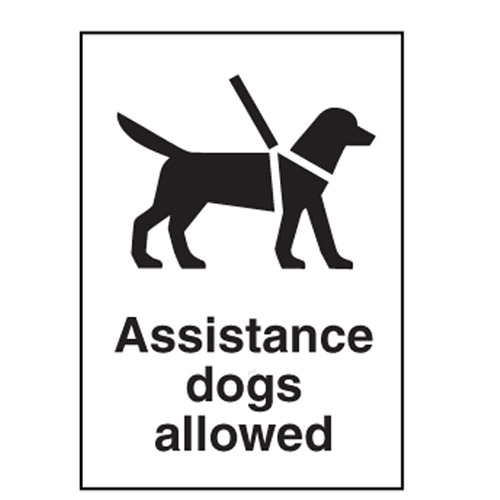
Further information can be found here:
Equality Advisory Service
https://www.equalityadvisoryservice.com/app/help
Citizens Advice Bureau:
https://www.citizensadvice.org.uk/about-us/how-we-provide-advice/advice/
Equality and Human Rights Commission:
https://www.equalityhumanrights.com/en/our-legal-action/our-powers
An essential guide for businesses on assistance dogs:
https://www.strath.ac.uk/media/ps/sees/equality/EHRC_assistance_dogs_guide_June_2013.pdf


